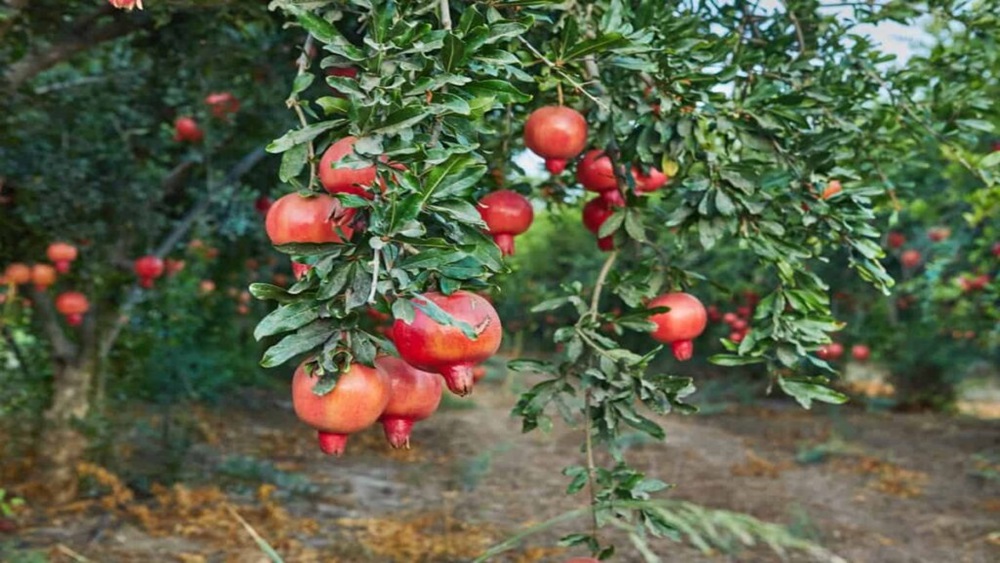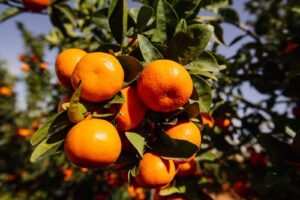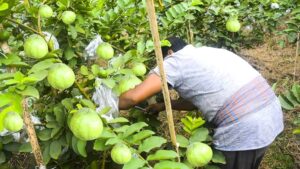The Rise of Anar Organic Farming: Cultivating Health and Sustainability
In the quest for healthier food and a sustainable planet, Anar Organic Farming has emerged as a vital player in the agricultural landscape. By emphasizing natural processes and eschewing synthetic chemicals, Anar Organic Farming not only nurtures the earth but also produces food that is rich in nutrients and free from harmful additives. Let’s delve into what makes Anar Organic Farming a beacon of hope for future generations.
What is Anar Organic Farming?
Anar Organic Farming is a holistic agricultural approach that prioritizes the health of the ecosystem, the farmer, and the consumer. This farming method rejects synthetic pesticides and fertilizers in favor of natural alternatives, promoting biodiversity, soil health, and ecological balance. Anar, meaning “pomegranate” in several languages, symbolizes the richness and fertility that organic farming can bring to the agricultural world.
Principles of Anar Organic Farming
- Soil Health: Central to Anar Organic Farming is the belief that healthy soil produces healthy crops. Practices such as composting, green manuring, and crop rotation enhance soil fertility and structure, ensuring long-term productivity.
- Biodiversity: This farming method encourages the cultivation of diverse crops and the integration of beneficial insects and animals. This biodiversity helps control pests naturally and improves crop resilience.
- Natural Inputs: Instead of relying on synthetic chemicals, Anar Organic Farming uses organic fertilizers, such as compost and manure, and natural pest control methods, including neem oil and biological predators.
- Sustainability: The focus is on sustainable practices that do not deplete resources or harm the environment. This includes efficient water use, conservation tillage, and the protection of natural habitats.
Benefits of Anar Organic Farming
Healthier Food
Organic farming practices lead to the production of food that is free from synthetic pesticides and fertilizers. Studies have shown that organic foods often contain higher levels of vitamins, minerals, and antioxidants compared to conventionally grown produce. Consumers can enjoy fruits and vegetables as nature intended, without worrying about harmful residues.
Environmental Stewardship
Anar Organic Farming plays a crucial role in protecting the environment. By avoiding synthetic chemicals, this farming method reduces pollution and prevents soil and water contamination. Practices like crop rotation and cover cropping enhance soil structure and fertility, reducing erosion and improving water retention. This holistic approach fosters a balanced ecosystem where plants, animals, and microorganisms thrive.
Economic Viability
While organic farming can require more labor and initial investment, it often results in higher market prices due to the growing demand for organic produce. Farmers can benefit from premium prices for their products, and consumers are increasingly willing to pay more for food that supports their health and the environment. Additionally, organic farming can reduce costs associated with synthetic inputs and improve long-term farm sustainability.
Climate Resilience
Organic farming practices can help mitigate the effects of climate change. Healthy soils sequester carbon, reducing greenhouse gas levels in the atmosphere. Diverse cropping systems and improved soil health increase resilience to extreme weather events, such as droughts and floods, making organic farms better equipped to handle climate challenges.
Challenges and Solutions
Despite its numerous benefits, Anar Organic Farming faces challenges that need to be addressed to ensure its widespread adoption and success.
Transition Period
Converting from conventional to organic farming involves a transition period during which farmers may experience reduced yields. This period, typically lasting three years, requires careful planning and support. Government subsidies, technical assistance, and community support can help farmers navigate this transition smoothly.
Knowledge and Training
Organic farming requires a deep understanding of ecological processes and management techniques. Providing farmers with access to education, training programs, and resources is essential. Extension services, farmer-to-farmer knowledge exchange, and online courses can equip farmers with the necessary skills and knowledge.
Market Access
Access to markets is crucial for the success of organic farmers. Establishing robust supply chains, certification processes, and consumer awareness campaigns can help bridge the gap between organic producers and consumers. Farmers’ markets, organic certification programs, and partnerships with retailers can enhance market opportunities for organic products.
Conclusion
Anar Organic Farming represents a sustainable and health-conscious approach to agriculture. By prioritizing soil health, biodiversity, and natural inputs, it produces food that nourishes both people and the planet. While challenges exist, they are surmountable with the right support and commitment from governments, communities, and consumers.
As we look towards a future where sustainability is paramount, Anar Organic Farming offers a viable path forward. By embracing organic principles, we can cultivate a healthier, more sustainable world for generations to come.



